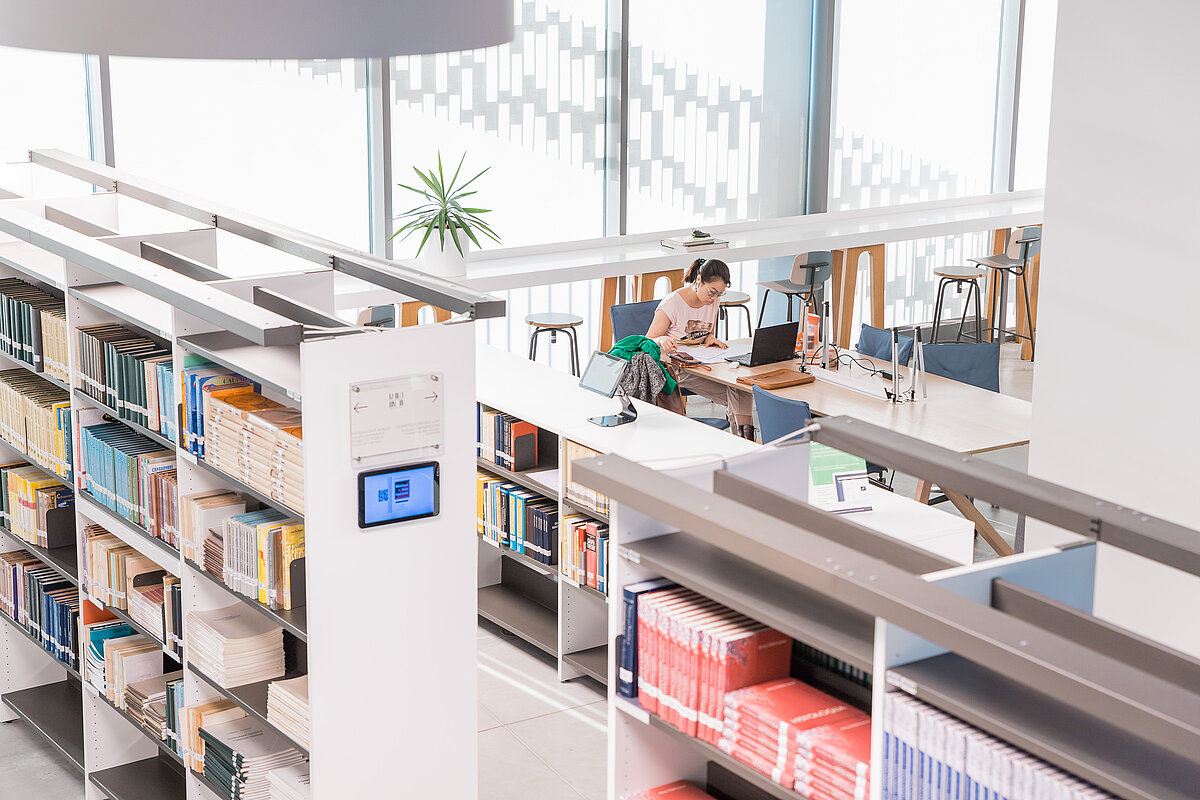
The international international peer reviewed scholarly journal, published in electronic format (available at www.culturecrossroads.lv) "Culture Crossroads" has publiched the latest paper by UL FSS associate professor, leading researcher Baiba Holma, Guna Spurava (Tampere University) and prof. Sirkku Kotilainena (Tampere University) The Role and Readiness of Librarians in Promoting Digital Literacy: A Case Study from Latvia.
"Culture Crossrads" is indexed by EBSCO (Humanities Source Ultimate), ULRICH'S, Central and Eastern European Online Library (CEEOL). Since 2020, it is also included in the ERIH PLUS database.
Author(s): Guna Spurava, Sirkku Kotilainen, Baiba Holma
Subject(s): Education and training, Adult Education, Social development, Social Informatics
Published by: Latvijas Kultūras akadēmija
Keywords: public library; librarian; mediation; digital literacy; youth;
Summary/Abstract: Rapid development of digital technologies significantly transforms the world, and it demands new approaches to the education. Formal education systems are not ready to provide digital skills needed for citizens to follow those changes. Informal, non-formal and lifelong education become more significant source of knowledge in this area and public libraries as well as librarians are expected to play a significant role in promoting of digital literacy. The main goal of this study is to understand the readiness of librarians from public libraries to be promoters of digital literacy and their awareness about their role in this context. Discussion in this article is based on findings of a case study in Latvia. Data were collected using qualitative research methods including focus group discussions with library experts and in-depth interviews with librarians from public libraries. Research results indicated that librarians do not have a clear understanding of their role, rights and responsibilities in supervising of young people`s digital activities in public libraries. Non-awareness of their role as mediators of digital literacy together with lack of time and insufficient technological preparedness seem to create a risk for librarians to a giving-up attitude, but if not giving-up then applying restrictive mediation practices. Results indicated that active, collaborative mediation practices are still in the evolving stage. Research results suggested that it is very important to support librarians via providing them opportunities to participate in professional development programs raising awareness about their role as mediators of digital literacy and increasing their readiness for that role.

 Academic Centre
Academic Centre